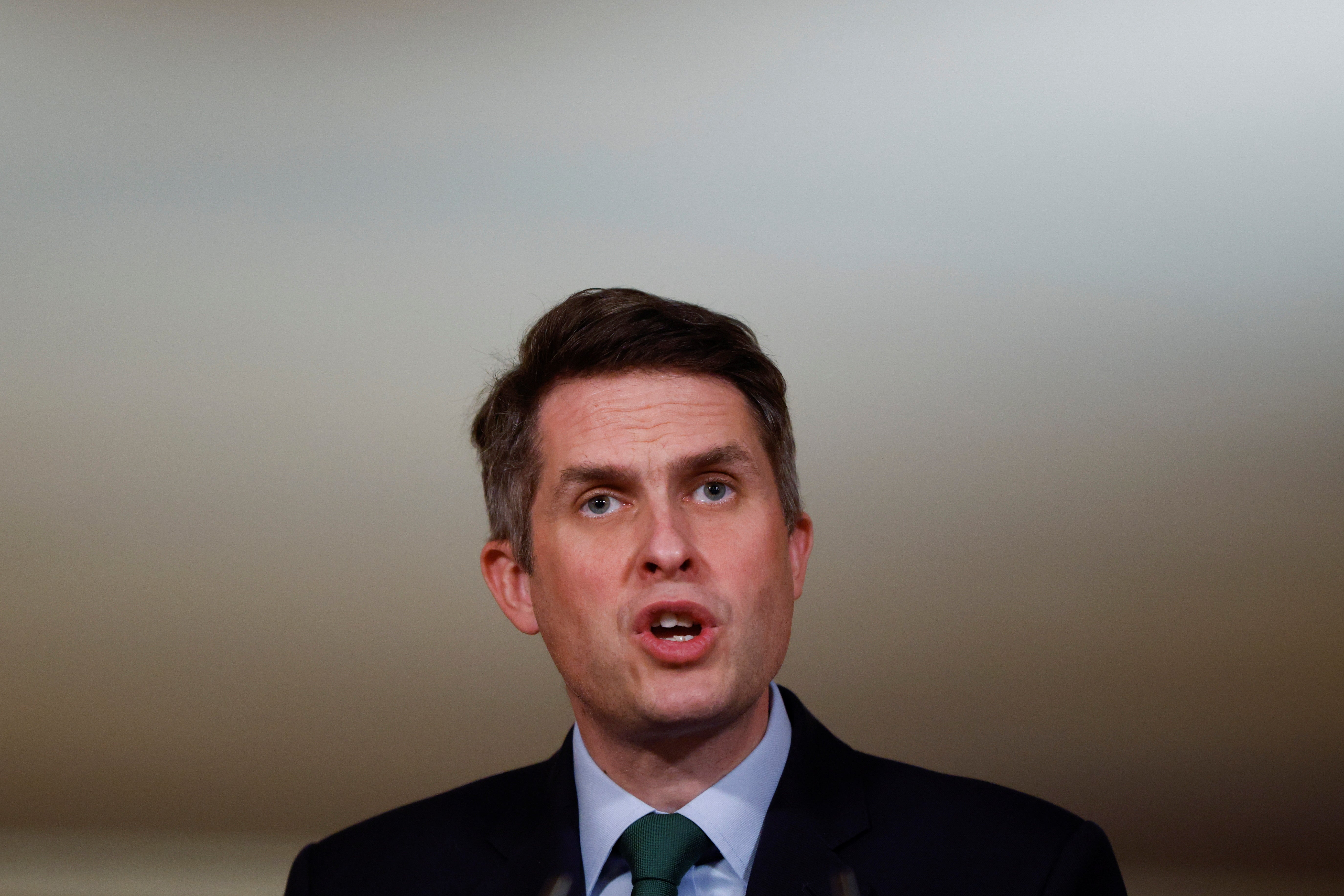Recovery plan for post-Covid education falls woefully short
Editorial: Helping pupils make up for lost time will cost money – much more money than the £50 per head that has been thrown as a sop to the state sector

In an excruciating exchange on the Today programme on Wednesday morning, the secretary of state for education, Gavin Williamson, made a fool of himself by lapsing into professional Yorkshireman mode. He declared that for folk where he comes from, £1.4bn is a lot of money (though it would have been more effective if he’d said “brass”).
True enough, and ’appen it is, but all t’experts agree that it equates to about £50 per pupil in England. And even for a son of God’s Own County that’s a bit tight.
Indeed, Mr Williamson’s spin doctors have been making no secret of the fact that this son of York has been lobbying the Treasury hard for about 10 times the sum he eventually managed to extract from the chancellor. Although Mr Williamson has generally displayed poor judgement (and worse presentational skills) in his unhappy time in charge of schools, he is surely right to at least try to secure sufficient funding for a long-term post-pandemic recovery plan for education.
The government’s own independent adviser on educational recovery after Covid, Sir Kevan Collins, has urged schools to make up lost time in core teaching, but also in sport, music, and other areas that contribute so much to intellectual, social and physical health. Then again, this government is notably reluctant to take much notice of its own independent advisers’ opinions. Indeed, Sir Kevan has now resigned, telling the prime minister: “I do not believe it is credible that a successful recovery can be achieved with a programme of support this size.”
Every parent and every teacher understands the damage that has been done to pupils’ learning over the past 15 months, not least after last summer’s exams fiasco (which at least will be avoided this year, now that a teacher assessment system is in place). As is also well appreciated (or should be), it is the poorest pupils – those least likely to have access to the internet, and most likely to have endured lockdown under crowded conditions – whose life chances will have been blighted the most.
In truth, the depressing fact is that much of this loss is irretrievable; but that is all the more reason to do as much as possible to bring children back up to speed. At the moment it is unclear whether school days will be extended for extra tuition, though shortening the long summer holiday has been ruled out.
As an escape from lockdown edges closer, there is no plan for recovery. Boris Johnson has promised much, as ever, but even with dedicated school staff putting every effort into making up the shortfall, it takes money – and much more money than the £50 per head thrown as a sop to the state sector.
The £10bn or so that the education department needs would be a boost to a fragile economy, but the sum would also represent as crucial an investment in Britain’s future as any new road or railway line. If the government’s slogans about building back better and levelling up are to be more than empty rhetoric, then this generation of children will need more than the token sum now being promised to them.
In a way, the plight of this cohort of students is analogous to long Covid – an after-effect of the pandemic that will reverberate down the years and decades. The nation, too, will pay a price for a less well educated, less productive workforce. As with all treatments, the medicine that our schools need should be administered quickly and at an effective dosage, and £50 per child is not going to suffice for a full educational recovery.
Mr Williamson should continue to fight his corner for as long as he can. If, as the rumours suggest, he is to fall in the inevitable post-Covid ministerial reshuffle, he, at least, has nothing to lose.



Join our commenting forum
Join thought-provoking conversations, follow other Independent readers and see their replies
Comments